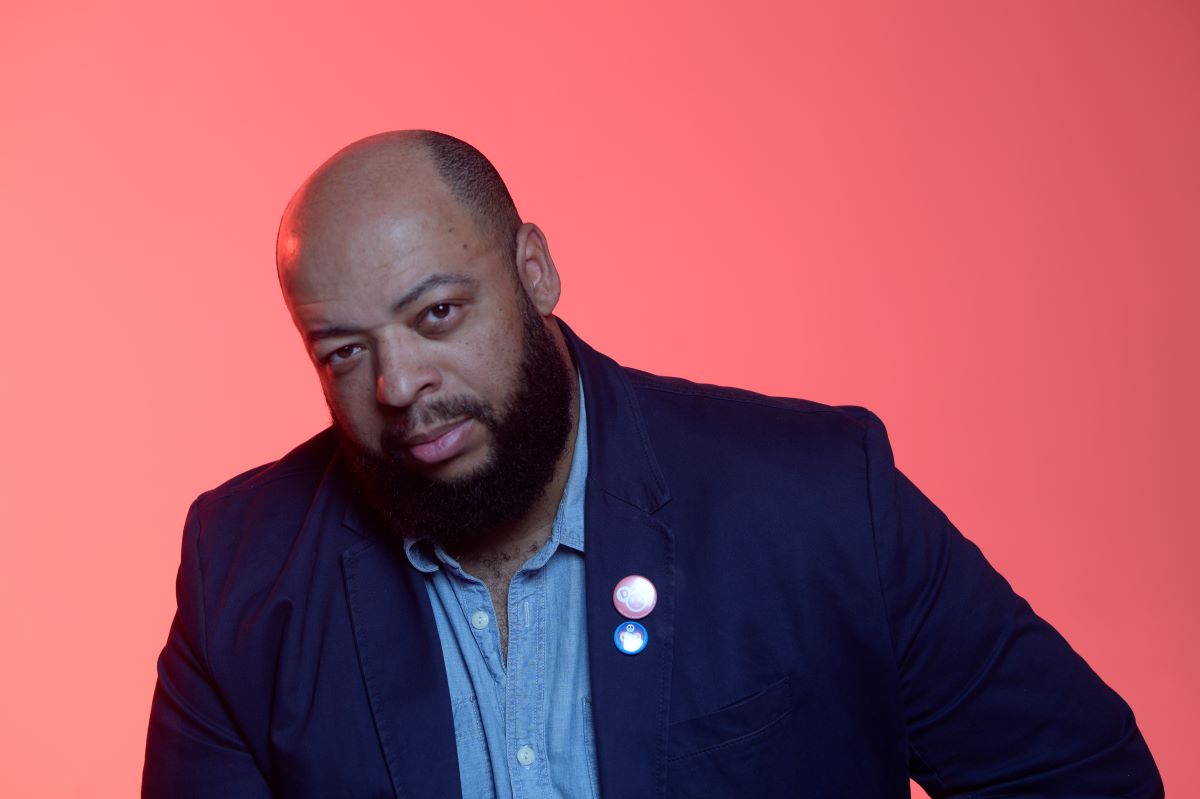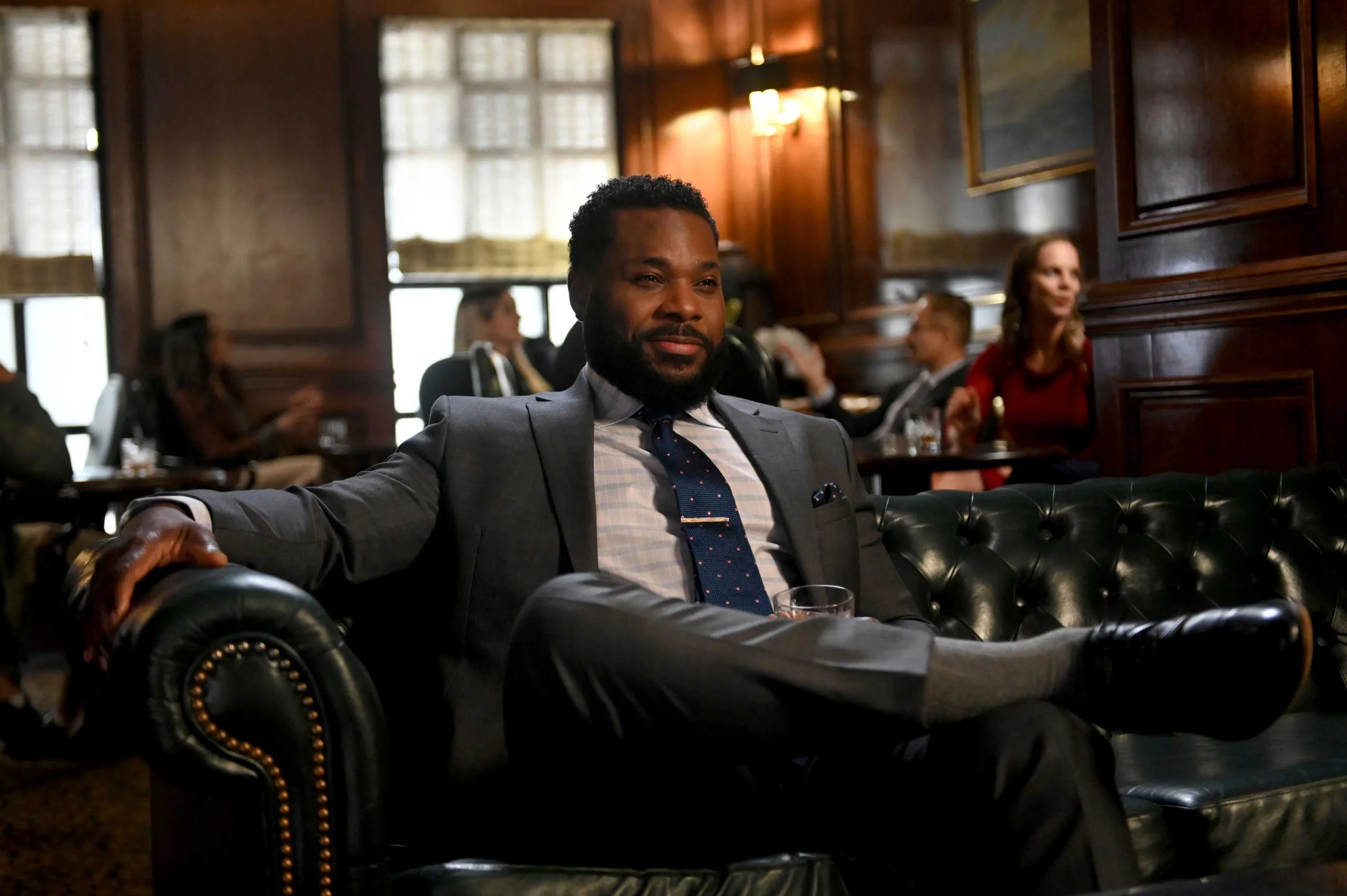The most successful rock stars and child stars are often plagued by a unique problem most of us would betray a close relative to experience: How exactly does one age gracefully after achieving immortality in youth? How do you carry the weight of early success for the rest of your life when the burden seems to get exponentially heavier with time? The list of performers crushed by this albatross are countless. But Malcolm-Jamal Warner has never been anywhere near that list.
Generation X, particularly Black Gen X, was uniquely touched by his tragic passing this week in Costa Rica. Warner, who died just a month shy of his 55th birthday, was one of us. He was catapulted into stardom with the 1984 debut of “The Cosby Show” on NBC in which he portrayed Theo Huxtable, the lone son in a family consisting of 4 (and later, 5) kids and two Black professional parents. We have not seen a family sitcom as massive as “The Cosby Show” since it ended its run in 1992 (literally the same night the fires of the riots in Los Angeles burned), and it is certain we never will again. We are simply too fragmented culturally for that now. Malcolm-Jamal Warner, only 14 on the night the pilot aired and 13 when it was taped, was a huge part of the show’s unparalleled success.
Anyone who was watching “The Cosby Show” on September 20, 1984 (and chances are good if you were alive then, you were), knows exactly what I mean. The first episode introduced us to the Huxtable family, headed by gynecologist Cliff Huxtable (you know who) and attorney Claire Huxtable (played by Phylicia Rashad). It was all a pretty standard affair but for the sad noteworthiness of a Black family being the center of a primetime sitcom that was decidedly upper middle class and not a soapbox for speeches meant to elicit earnest applause from sympathetic white viewers.
The pilot was both revolutionary and pretty conventional (if better executed than a lot of TV at the time). And then came the showstopping scene that changed everything. Cliff is sent upstairs to scold his son Theo for an unsatisfactory report card. The conversation between the two was both a declaration of intent for the show and brought down the house. Cliff, as many dads before him and since then, essentially told his son more of him was expected because of the family he was fortunate enough to hail from. And Theo gives an earnest speech, as some sons have before him and some since, that perhaps being a member of the Talented Tenth wasn’t in the cards for him, and that unlike Cliff and Claire, perhaps he was just “regular people.” Theo ends the speech with the notion that Cliff should love him just the same, even if he isn’t up to meeting his lofty standards. And after the audience applauds Warner’s delivery of this speech, Cliff says “That’s the dumbest thing I’ve ever heard.”
He then proceeds to give Theo a lesson in adult economics that has become a gold standard in situation comedy. Warner, with only 2 or 3 credits to his name at the time, holds his own in a scene with one of the all-time greats. Without that scene and their work in it, I don’t think the show would have immediately swept the American television audience off its feet.
Warner was an adult by the time the show ended, and over the run of the show he came to feel like a brother and a friend, especially to those of us in his age bracket. I remember watching him host “Friday Night Videos” and thinking then how much of a regular teenager he was. We who were teens of the Reagan era remember how he was able to participate in the youth culture of the time. He directed music videos for Johnny Gill-era New Edition (the video for “N.E. Heartbreak” is laden with cameos but has a youthful ebullience that recalls Richard Lester’s work with The Beatles) and British pop act Five Star.
When I learned of his death, I immediately thought of his appearance in the 1986 hip hop music video for Whodini’s infectious track “Funky Beat,” directed by no less than Melvin Van Peebles. Warner plays a nerd in a tux, awkwardly standing in front of a lectern as if in a high school auditorium like a talent show MC. Then the music starts, and when we aren’t watching the Whodini trio rap, we are in the crowd, packed with mid-80s hip hop luminaries. Malcolm-Jamal Warner dances with Donnie Simpson, removing his jacket and glasses to do the latest moves unencumbered. It was kind of thrilling seeing someone on the biggest TV show in the world jubilantly participate in this new culture. It always made me think that Malcolm-Jamal Warner was really one of us.
Warner worked regularly in movies after his breakthrough, but primarily stayred in television. He recently played (against type since he usually conveyed an easy warmth and soulfulness) a gruff and arrogant surgeon on “The Resident” (2018 – 2023). Earlier, he starred in an ill-fated attempt to have his own family sitcom playing an English professor (“Reed Between the Lines”), and a couple of very funny appearances on “Key & Peele.”
But his heart seemed to lie in spoken word and music. He won a Grammy in 2015 for Best Traditional R&B Performance alongside Robert Glasper and Lalah Hathaway for the song “Jesus Children.” I have heard that he felt such a connection to his spoken word community that he was known to quietly offer spiritual and financial support to poets who weren’t as well-known as himself.
Malcolm-Jamal Warner, Mal-Jam to his friends, lived long enough to answer the question of how he wanted to be remembered. And he simply said he wanted to be remembered as someone who tried to spread positivity and love. His final social media post reaffirmed that. And let’s say hello to the elephant in the room: he owed his career to a man widely viewed now as a monster. Warner didn’t talk much about this, but he also refused to offer his former co-star and TV dad any moral support and denounced the crimes he was convicted of wholeheartedly. From now on, celebrities, especially men, who have managed fame in the 21st century in such a way that they never had to issue a public apology or tested their fans’ loyalty, deserve to be honored. Sad commentary, but true.
Malcolm-Jamal Warner handled being young (and then, not so young), male, Black, and famous with an exceptional ease. For that we can credit his mother Pamela Warner, who told him, while “The Cosby Show” was on the air, that he needed to start thinking about the life he wanted to have when the show ended. His mother did an outstanding job guiding him through the minefield of celebrity.
I am sure I am not alone in thinking of Ennis Cosby, the real-life son that Theo Huxtable was at least in broad strokes modeled after. Ennis Cosby was murdered at 27, when he was exactly half the age of Malcolm-Jamal Warner was at his passing. They were only a year apart in age. I won’t attempt to assign any grand meaning to this sad coincidence. But I am haunted by the idea of these two men denied the privilege of elderhood, while others spend their golden years defending their past nefarious deeds.
In his last video on Instagram, wearing a flower over his ear placed there by his young daughter, he reminded us that there was always a reason to smile, even in the darkest of times. And that if you couldn’t smile for yourself, go out and make someone else smile. Looking back on his career, Malcolm-Jamal Warner gave us reasons to smile. And as the shock of his loss fades, the smiles of those who thought of him as a brother or a friend, will return.












